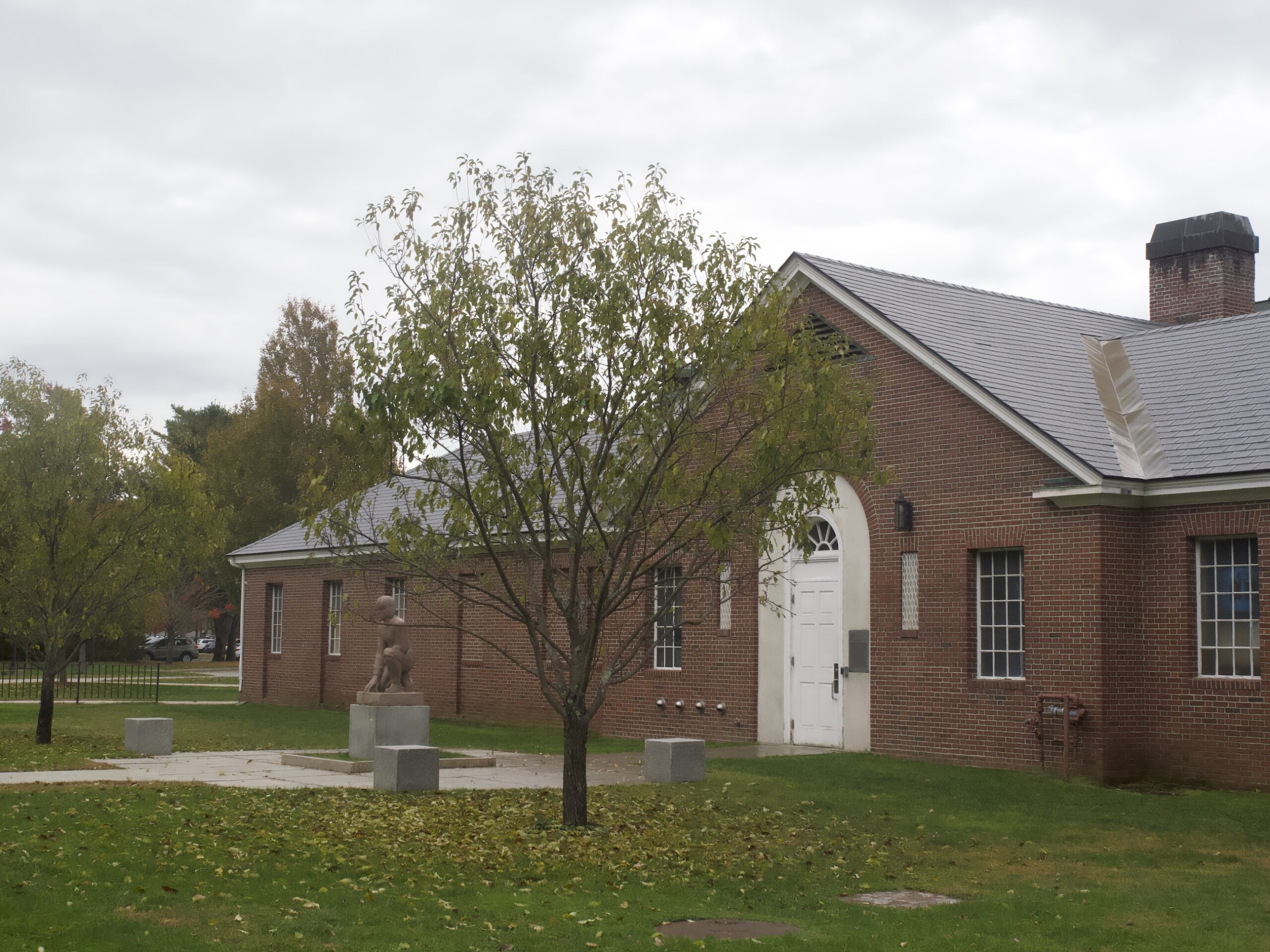Field renovations approved by town Planning Board
October 14, 2022
 Alex Spear
Alex SpearEditor’s Note October 14, 2022 at 10:05 a.m.: An earlier version of this article mischaracterized Boston Mayor Michelle Wu’s blockage of the construction of new artificial turf fields in public parks in Boston as a ban. While a statement in a reconstruction plan stated, “Mayor Wu has directed that no new artificial turf fields will be installed in the City of Boston,” a spokesperson for the city noted that “There is no ban on the installation of turf in the City of Boston.”
On Tuesday, the Brunswick Planning Board approved the College’s sketch plan for the renovation of the Pickard Field Complex, despite persistent concerns voiced by community members about the environmental impacts of the renovations and potential noise and light pollution.
During public comment on Tuesday, multiple neighbors expressed their disapproval of the transition to turf fields, noting that the city of Boston recently blocked the construction of new turf fields in parks due to PFAS concerns. PFAS compounds, known as “forever chemicals” because they do not break down naturally, have been identified in turf playing fields nationwide.
Senior Vice President for Finance and Development and Treasurer Matt Orlando addressed these concerns in his introductory remarks, noting that the College has not decided on a turf manufacturer yet.
“We are aware of concerns about artificial turf and PFAS and are working with our peers and vendors to understand product options: their labeling, composition and sourcing,” Orlando said. “Information about whatever playing surface is chosen as a result of this research will be included in our final plan submission.”
Associate Professor of Romance languages and literatures and Cinema Studies Allison Cooper, encouraged both the College and the planning board to be cautious in this process.
“I really would hope that you … be extremely cautious moving forward with any plan that involves PFAS, because there’s just an overwhelming level of evidence that is emerging right now that says this is a very bad decision,” Cooper said. “I think the College will come to regret it in five to ten years when many of our students, who come from places like Boston, are cautious and don’t want to play on PFAS-infested fields anymore. So it’s just worth it to take the time, slow the process down, ask for all the relevant research—and not just research that has been done by the makers of the synthetic turf.”
Other neighbors raised concerns about the removal of trees required for the fields’ reconfiguration as well as potential harmful impacts to the Mare Brook Watershed. Associate Professor of Biology Vladimir Douhovnikoff spoke about the town’s current efforts to reverse damage to Mare Brook.
“We’re going to sort of throw this new strain on top of Mare Brook, which is adding another source of PFAS, when they’re trying to reverse this PFAS issue in other ways,” Douhovnikoff said. “It seems to be moving the thing in the wrong direction. That’s not to say that there aren’t control options. I just hope that you ask and push for a plan of how to minimize those contributions to the brook.”
Douhovnikoff also noted that the College’s plans to flip the baseball and softball fields and move the new softball field away from Farley Field House pushes the fields further into the current tree line, requiring the removal of several acres of trees.
In the town hall hosted by the College on September 27, Ashmead White Director of Athletics Tim Ryan confirmed that the reorientation of these two fields is to prepare for the possible future expansion of the field house.
“Some of that is leaving ourselves flexibility for down the road—potentially while [Orlando] and I are here or after [Orlando] and I are gone—if the expansion of Farley Field House ends up coming to fruition,” Ryan said. “Swapping the location of the fields of the house allows for space there outside of Farley.”
Another major point of contention at the planning board meeting was potential noise and light pollution given the installation of new PA systems and light poles on the fields. Residents expressed particular apprehension about music and announcements playing late into the night and disrupting sleep of young children.
Alison Harris, a member of the planning board, proposed creating a formal agreement between the College and abutters that would dictate hours of use for the fields. Chief Operations Officer at Sebago Technics Kylie Mason said this was unlikely.
“Certainly I think the College is sensitive to hearing feedback from the neighbors, but I don’t know that they’re interested in formalizing any agreements,” Mason said. “I think that we found that would be very restrictive. I think it would be hard to enforce, and it would limit the potential of the fields.”
Tom Kelly, another Farley neighbor, expressed his dissatisfaction with the College’s unwillingness to enter into a formal agreement.
“I want you to think through what it is that Bowdoin can offer to the town and the neighbors that’s really definitive that gives some teeth to some reasonable approaches to regulations to sound and lighting to make the new design workable for the neighborhoods,” Kelly said. “I think it’s not unrealistic to require on [the Planning Board’s] part that [the College] come forward with something very definite and specific that provides some real protections to the neighbors.”
The planning board voted unanimously to approve the sketch plan with no amendments or conditions. The Board will schedule a site visit with the College and Sebago Technics, and the final plan will be submitted for review within the coming weeks.

Comments
Before submitting a comment, please review our comment policy. Some key points from the policy: